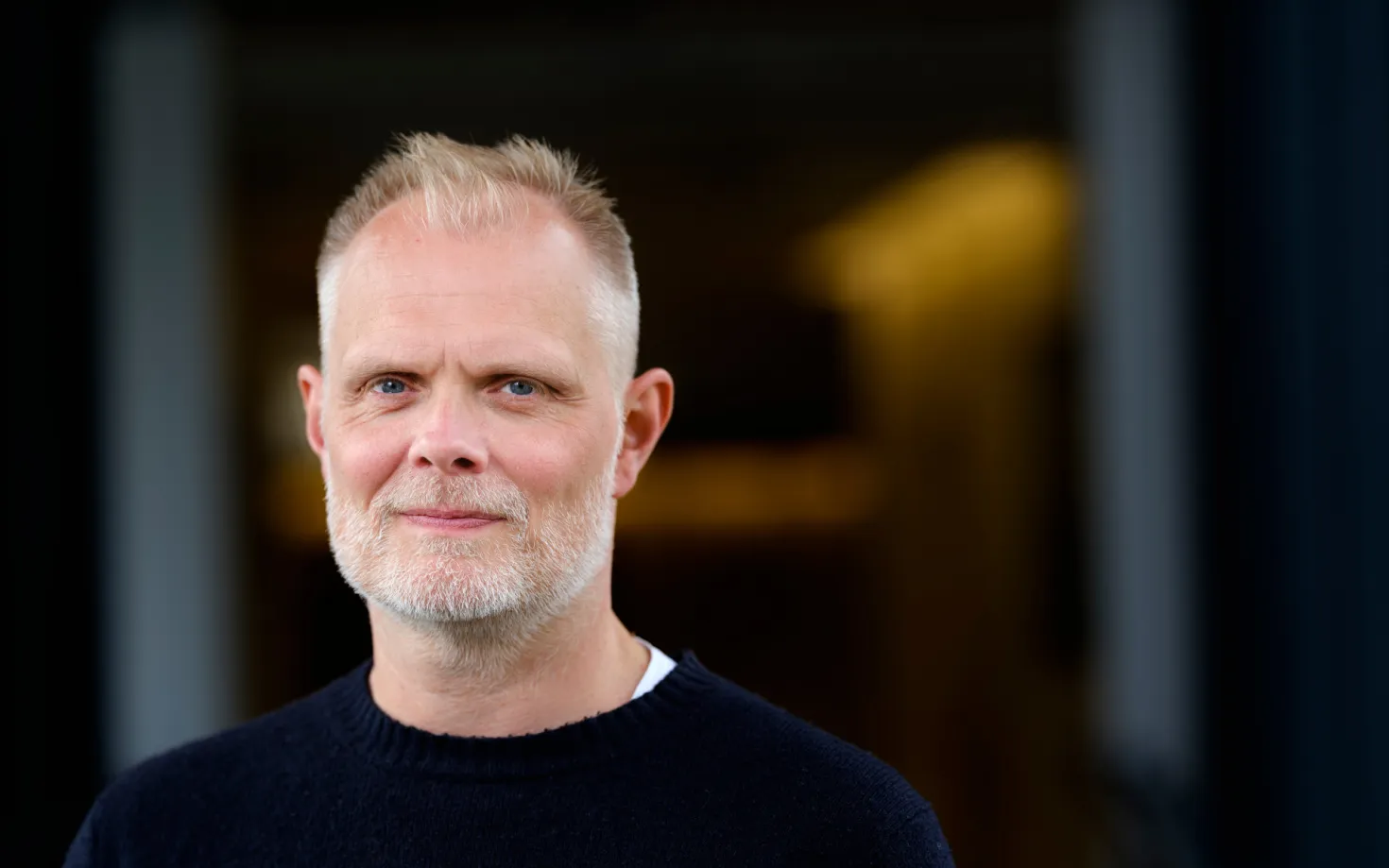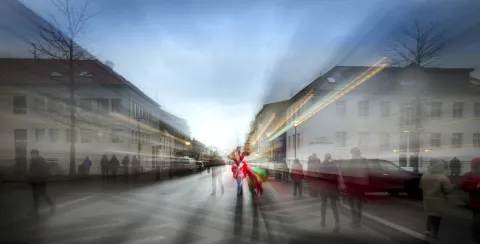
Inequality and class division are subjects many scholars tackle. Inequality in Iceland has been considerably less than elsewhere in the world; most people have similar living standards, and class division is minimal. But is inequality only material? Are there forms of inequality in Iceland that are non-material?
Jón Gunnar Bernburg and Sigrún Ólafsdóttir, professors of sociology at the University of Iceland, have studied whether individuals in a strong social position experience that their status brings them prestige or respect. Their findings show that Icelanders with power do not believe they are treated differently in everyday communications.
Their research is based on the fundamental principles of the French sociologist Pierre Bourdieu's theory of social stratification. The main essence of the theory is that inequality in society is not limited to material things but also symbolic ones.
Different kinds of capital
Jón Gunnar says that according to Bourdieu’s theory, economic capital (money, land, corporate holdings, etc.) gives power to people in society, but intangible capital also has an impact on their social status. The capital can be cultural, whether individuals have acquired knowledge or adapted a lifestyle that is considered desirable. People can also have social capital reflected in their connections.
Jón Gunnar and Sigrún, however, focus on the fourth type of capital, symbolic capital, or the prestige bestowed upon an individual through economic, cultural, or social capital. Bourdieu says that people have more respect for those who do. Symbolic capital is important as the prestige can carry power to individuals. This can lead to a broader audience and their points of view prevailing. Others listen more to those who are well educated or comport themselves in a way that is considered culturally desirable.
“Bourdieu's main point is that the consolidation of power is in part visible. You can walk around the city and see how people live and who has economic capital. Everything else is, however, invisible: the cultural and symbolic forms of capital. Bourdieu says that because they are invisible they render prestige,” says Jón Gunnar.
